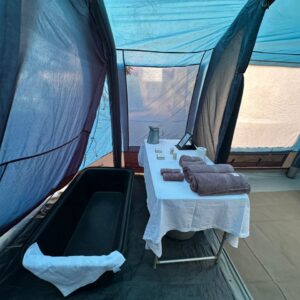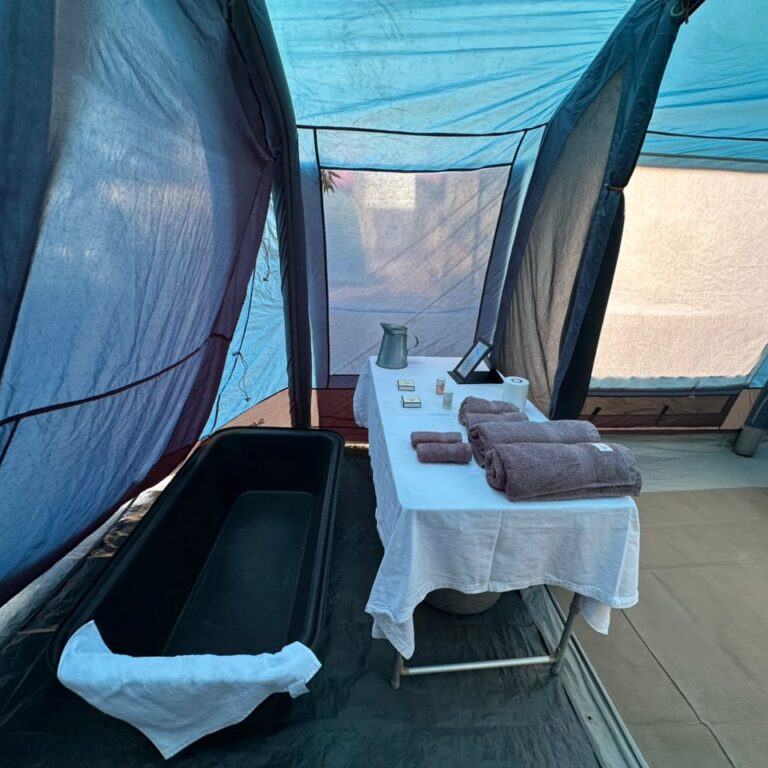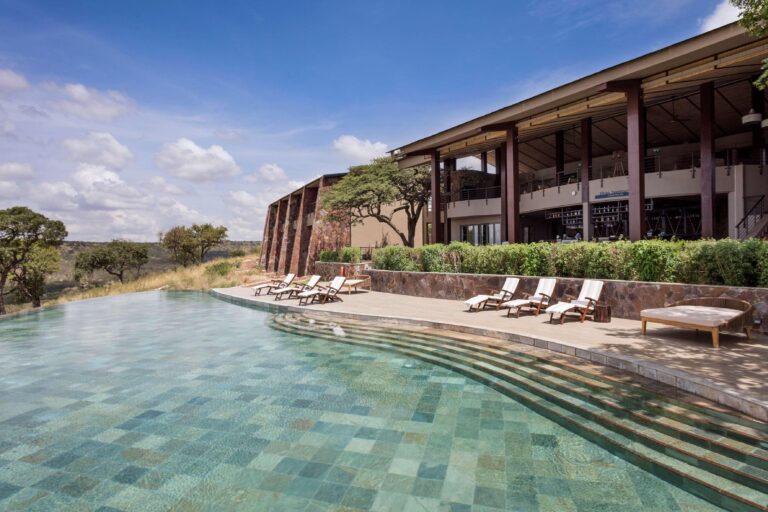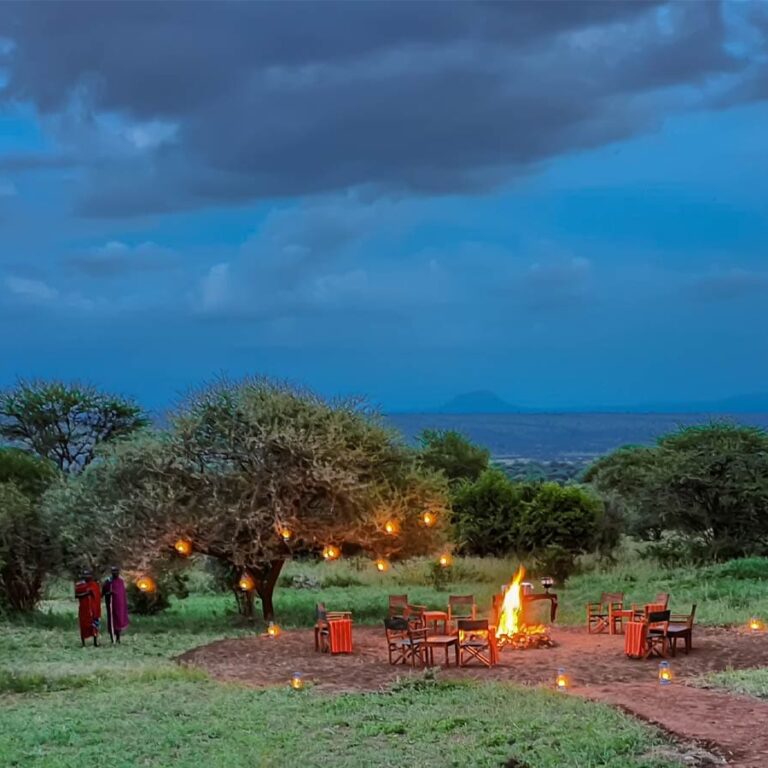Top 20 Questions Everyone Asks Before Climbing Kilimanjaro
Frequently Asked Questions About Climbing Kilimanjaro, Climbing Mount Kilimanjaro is a dream adventure for many people. It’s the highest peak in Africa and offers a unique blend of challenging trekking, breathtaking scenery, and a chance to conquer one of the Seven Summits. If you’re considering taking on this incredible journey, you likely have a lot of questions. Here are some frequently asked questions (FAQs) to help you prepare for your Kilimanjaro adventure:
1. What is Mount Kilimanjaro?
Mount Kilimanjaro, often referred to as “Kili,” is a dormant stratovolcano located in Tanzania, East Africa. It is the highest mountain on the African continent, with Uhuru Peak, its highest point, reaching an elevation of 19,341 feet (5,895 meters) above sea level.
2. Is climbing Kilimanjaro safe?
Climbing Kilimanjaro can be safe, but it’s essential to choose a reputable tour operator and be well-prepared. The risk of altitude-related illnesses is a primary concern, so proper acclimatization and experienced guides are crucial for safety.
3. Do I need climbing experience to summit Kilimanjaro?
No prior climbing experience is required to summit Kilimanjaro. It is a trekking peak, and the routes do not involve technical climbing. However, being in good physical condition and having experience with multi-day hikes can be beneficial.
4. How long does it take to climb Kilimanjaro?
The duration of a Kilimanjaro climb varies depending on the route chosen. On average, it takes 6 to 8 days to summit and descend. Longer routes generally provide better acclimatization opportunities and higher success rates.
5. What are the different routes to climb Kilimanjaro?
There are several routes to the summit of Kilimanjaro, each offering a unique experience in terms of scenery and difficulty. The most popular routes include the Machame, Marangu, Lemosho, Rongai, and Northern Circuit routes.
6. When is the best time to climb Kilimanjaro?
The best time to climb Kilimanjaro is during the dry seasons, which are typically from late June to October and from December to early March. These months offer more stable weather conditions and lower chances of rainfall.
7. Do I need a permit to climb Kilimanjaro?
Yes, you need a permit to climb Kilimanjaro. Your chosen tour operator will assist in obtaining the necessary permits. Permit fees vary depending on the route and the number of days.
8. How much does it cost to climb Kilimanjaro?
The cost of climbing Kilimanjaro varies depending on factors such as the route, the number of days, the level of service, and the tour operator. On average, expect to budget between $2,000 to $6,000 or more for your Kilimanjaro expedition.
9. What should I pack for my Kilimanjaro climb?
Packing essentials include appropriate clothing for varying weather conditions, a warm sleeping bag, comfortable hiking boots, a daypack, trekking poles, a water purification system, and personal items. Your tour operator will provide a detailed packing list.
10. How do I prepare for altitude sickness on Kilimanjaro?
Proper acclimatization is key to avoiding altitude sickness on Kilimanjaro. Choose a route with gradual ascent, stay well-hydrated, and listen to your body. Diamox, a medication that helps with acclimatization, can also be considered.
11. What are the accommodation options on Kilimanjaro?
Accommodation on Kilimanjaro varies by route. The Marangu route has dormitory-style huts, while other routes involve camping in tents. High-quality tour operators provide comfortable and well-equipped camping gear.
12. How fit do I need to be to climb Kilimanjaro?
While you don’t need to be an elite athlete, a good level of fitness is essential. Regular cardiovascular exercise, strength training, and endurance workouts are recommended to prepare for the physical demands of the climb.
13. Can I climb Kilimanjaro independently, or do I need a guide?
Climbing Kilimanjaro independently is not allowed. You must climb with a licensed tour operator, and it’s highly recommended to have experienced guides and porters to ensure your safety and comfort.
14. What is the success rate for summiting Kilimanjaro?
The overall success rate for reaching the summit of Kilimanjaro is approximately 65-75%. Success rates vary by route, with longer routes like the Northern Circuit having higher success rates due to better acclimatization.
15. What’s the best way to book a Kilimanjaro climb?
To book a Kilimanjaro climb, research reputable tour operators, read reviews, and compare prices and itineraries. Choose an operator with experienced guides, good safety records, and sustainable practices.
16. Can I combine a Kilimanjaro climb with a safari?
Yes, many travelers combine their Kilimanjaro climb with a safari in Tanzania’s renowned national parks, such as the Serengeti and Ngorongoro Crater. Tour operators offer package deals for these combined adventures.
17. Is travel insurance necessary for a Kilimanjaro climb?
Yes, travel insurance is essential for a Kilimanjaro climb. It should cover trip cancellation, medical expenses, emergency evacuation, and adventure sports. Verify that your policy includes high-altitude trekking.
18. What should I expect on summit day?
Summit day is challenging due to the high altitude and extreme cold. You’ll start the ascent in the middle of the night, hiking slowly and steadily. Be prepared for steep sections, low oxygen levels, and freezing temperatures.
19. How can I minimize my environmental impact while climbing Kilimanjaro?
Choose an eco-friendly tour operator that follows Leave No Trace principles. Minimize waste, carry out all trash, and respect the environment. Support initiatives that promote sustainable tourism.
20. What is the best part about climbing Kilimanjaro?
The best part of climbing Kilimanjaro is the sense of accomplishment and the breathtaking views from the summit. Standing on the “Roof of Africa” is a life-changing experience that you’ll treasure forever.
In conclusion, climbing Kilimanjaro is an extraordinary adventure that requires careful planning, preparation, and the right mindset. With the right guidance, a reliable tour operator, and a strong determination, you can conquer this iconic peak and make memories that will last a lifetime.
Remember that while these FAQs provide valuable information, it’s essential to conduct thorough research and seek advice from experienced climbers and tour operators before embarking on your Kilimanjaro journey. Safe travels and happy climbing!
This article provides an overview of the most frequently asked questions about climbing Kilimanjaro, covering essential aspects of this remarkable adventure.








